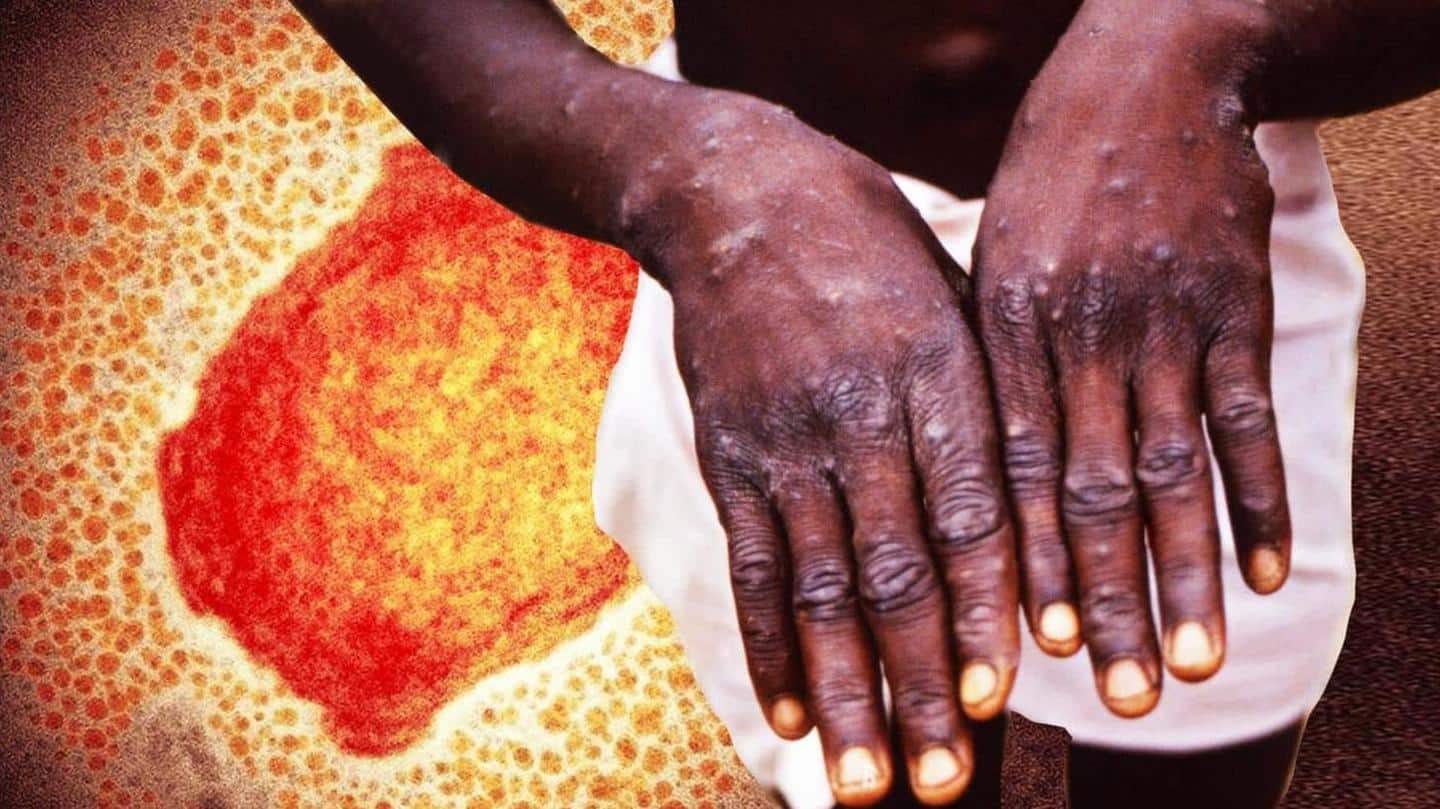
'Concerned' WHO expects more monkeypox cases globally
What's the story
The World Health Organization (WHO) on Sunday said 92 cases of monkeypox have been registered in 12 countries over the last 10 days, and cases may further increase in the coming days.
Notably, all these countries are "non-endemic" for monkeypox.
"The situation is evolving, and WHO expects there will be more cases of monkeypox identified as surveillance expands in non-endemic countries," the WHO said.
Context
Why does this story matter?
The name monkeypox is derived from the fact that the virus was initially discovered in monkeys in a Danish laboratory in 1958.
The first human case was identified in a child in the Democratic Republic of the Congo in 1970.
With the infection now spreading to countries outside Africa—and experts having limited knowledge about the disease—it has now become a big cause of concern.
Details
UK, Portugal, Spain worst-hit
The United States, Australia, Canada, and at least nine European countries have recorded monkeypox cases.
The United Kingdom, Portugal, and Spain are among the countries worst hit in Europe, with a tally of confirmed cases between 21 to 30.
Other European countries that have reported the disease include Belgium, France, Germany, Netherlands, Italy, and Sweden.
Monkeypox
No deaths have been reported so far
The WHO maintained there have been no deaths associated with this monkeypox outbreak so far.
According to experts, most people recover on their own from the disease and it's less severe than smallpox.
"Immediate actions focus on informing those who may be most at risk for monkeypox infection with accurate information, in order to stop further spread," the WHO said in its latest update.
Symptoms
What are the symptoms of monkeypox?
The WHO found 28 suspected cases of monkeypox in non-endemic countries.
A suspected case is when a person of any age in a monkeypox non-endemic country presents with an "unexplained acute rash."
It often begins on the face and spreads to other parts.
Other symptoms of monkeypox include fever, headache, muscle and body aches, swollen lymph nodes, back pain, profound weakness, etc.
Spread
How does the virus spread?
Monkeypox spreads due to "close contact with lesions, body fluids, respiratory droplets, and contaminated materials such as bedding."
A large number of cases have been reported from sexual health clinics.
"Based on currently available information, cases have mainly but not exclusively been identified amongst men who have sex with other men (MSM) seeking care in primary care and sexual health clinics," the WHO said.
WHO
All cases are of West African clade: WHO
There are two clades of monkeypox virus: the West African clade and the Congo Basin (Central African) clade. The WHO found that so far in all confirmed cases, the virus has been identified with the West African clade.
Furthermore, reported cases so far have no established travel links to an endemic area, which the WHO said represents a "highly unusual event."
Information
What are monkeypox endemic countries?
Monkeypox had been largely limited to Africa. Benin, Cameroon, the Central African Republic, the Democratic Republic of the Congo, Gabon, Ghana (identified in animals only), Ivory Coast, Liberia, Nigeria, Republic of Congo, Sierra Leone, and South Sudan are on the list of endemic countries.